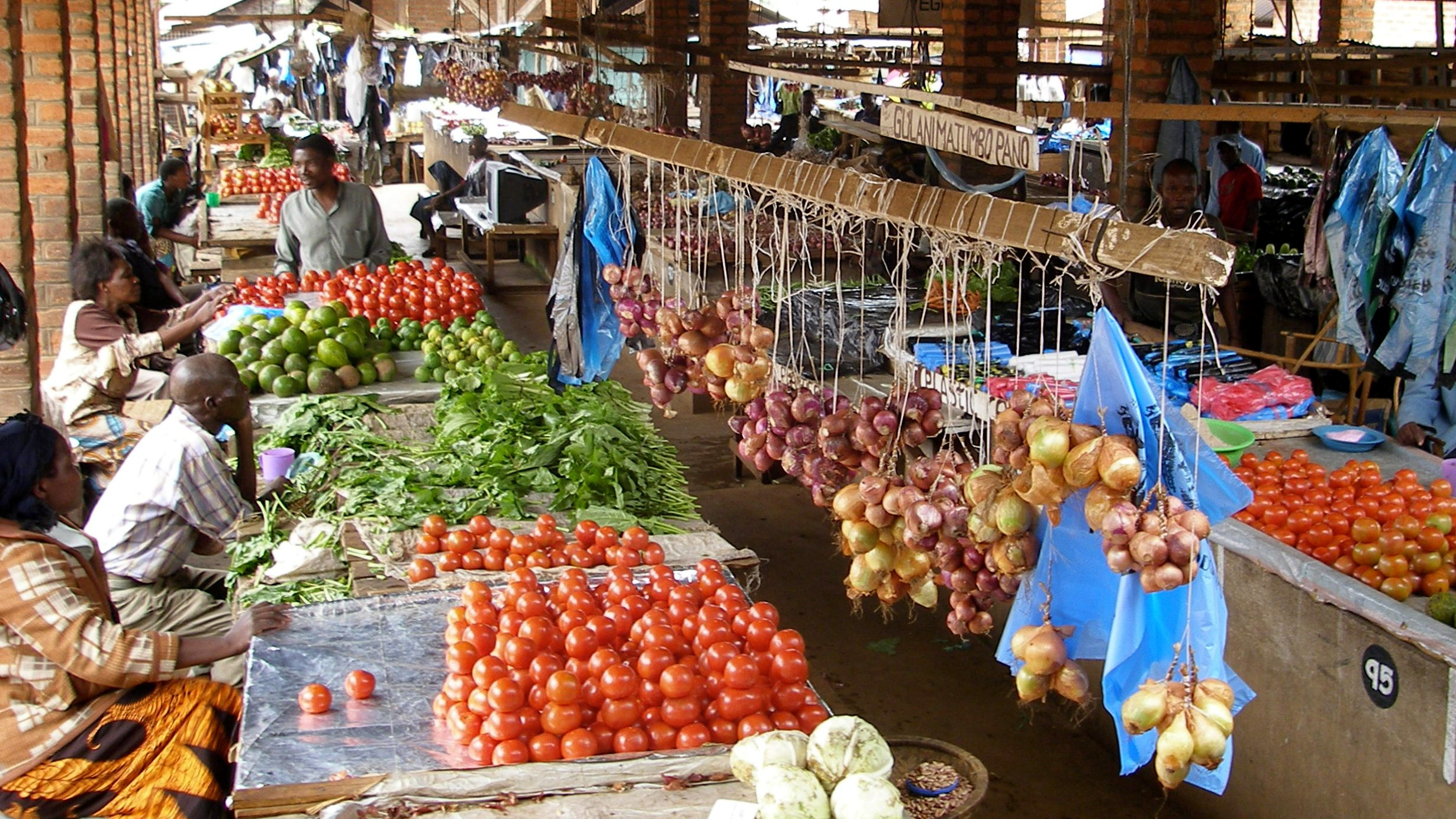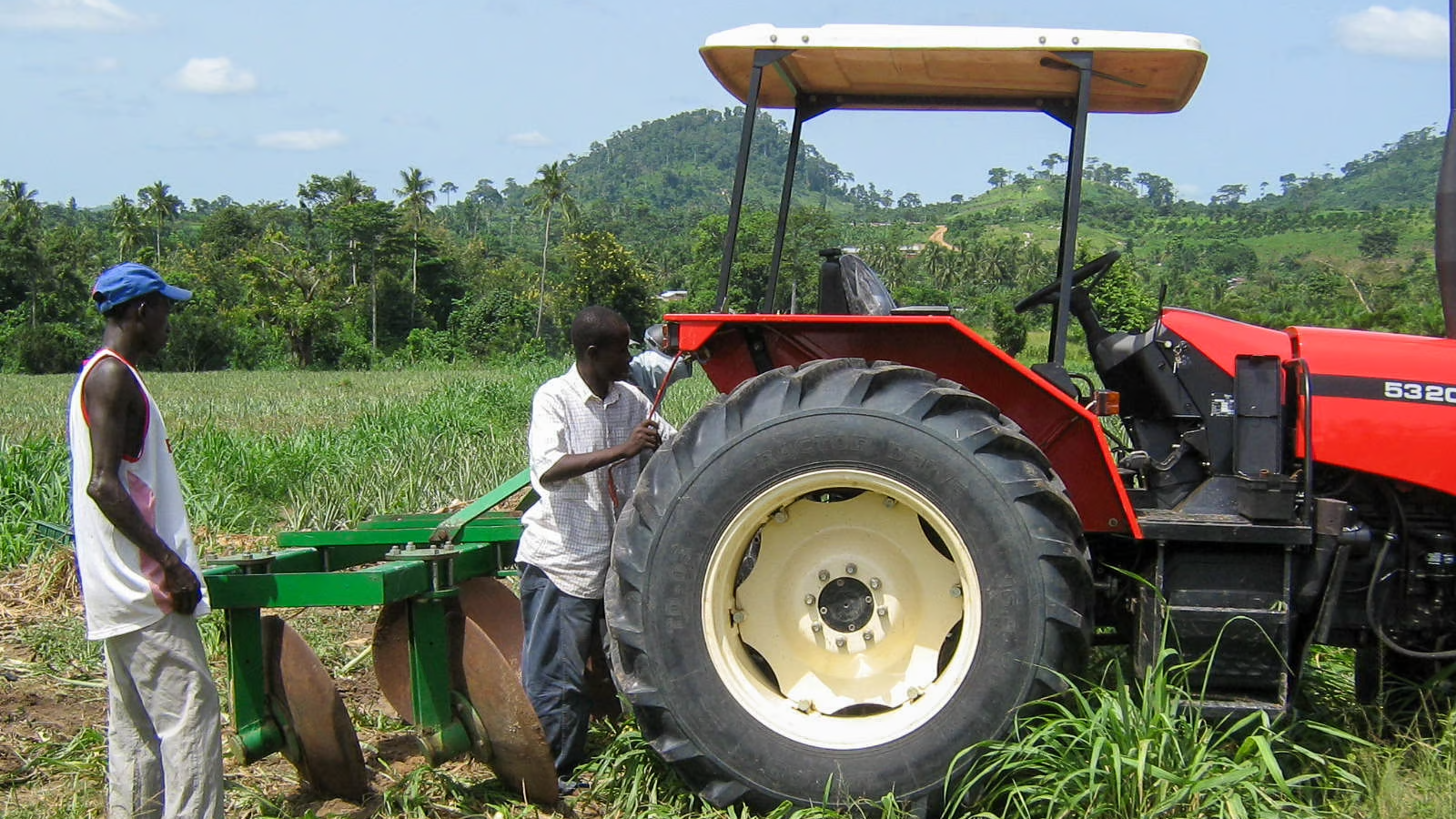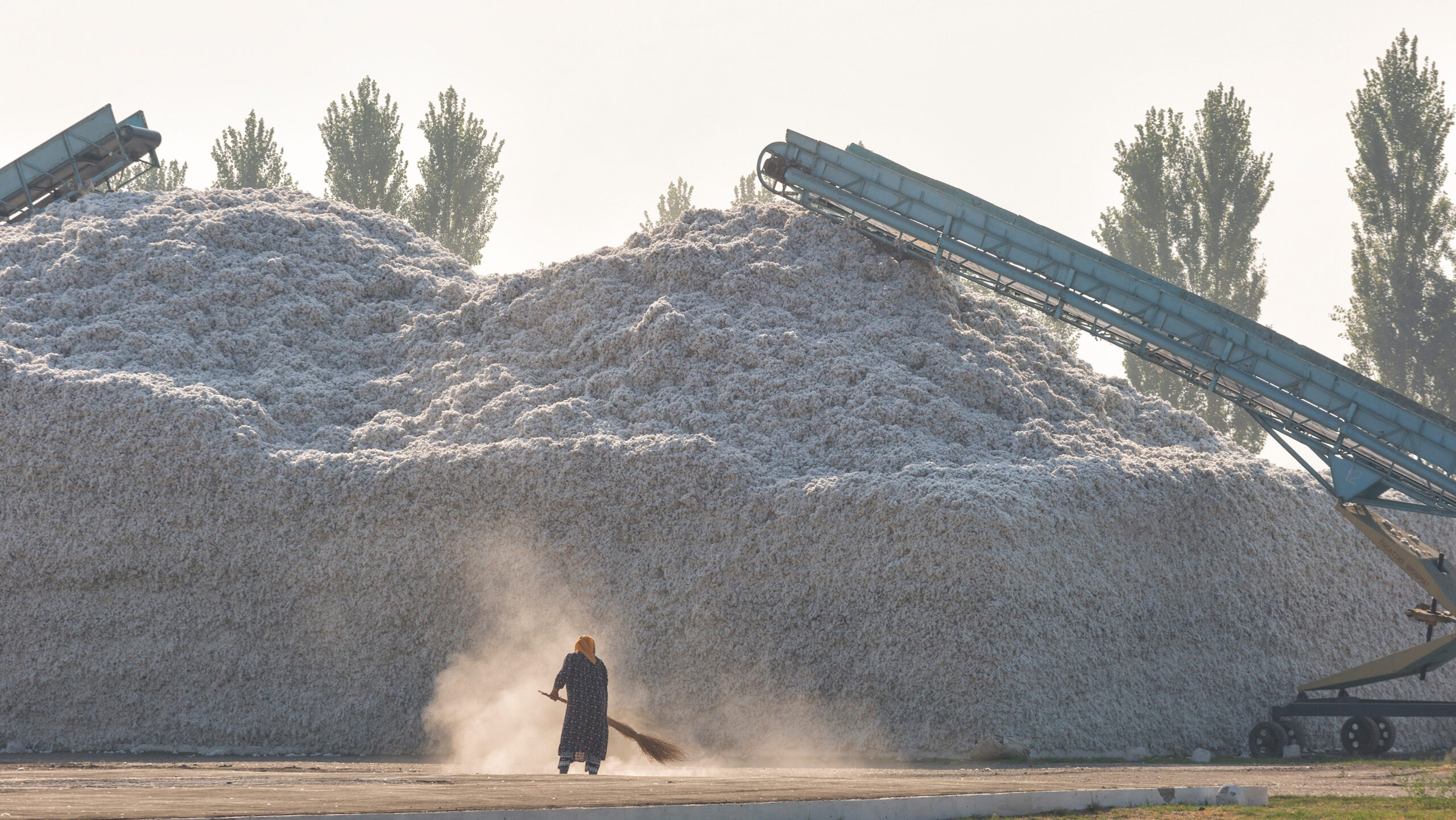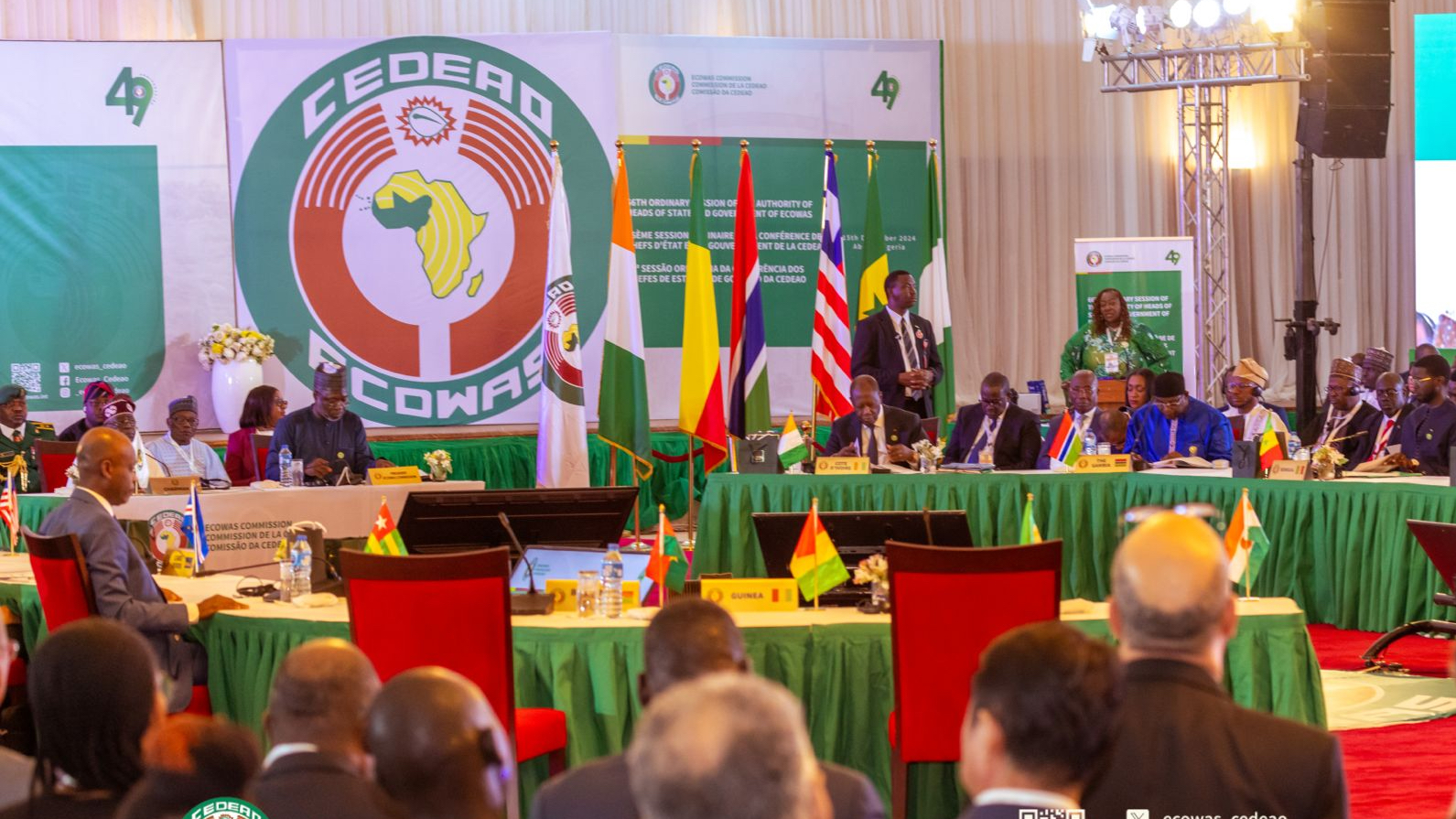Reducing food loss and waste (FLW) is crucial to improving food security, reducing malnutrition, and providing livelihoods for food system workers. But such efforts are also key to combating climate change. FLW has significant environmental impacts, including greenhouse gas (GHG) emissions in both the production of food that is later lost and in waste management.
Overall, food systems contribute an estimated 33% to anthropogenic GHG emissions; food waste alone is responsible for 8%-10%. Yet most countries that have submitted their Nationally Determined Contributions (NDCs) for reducing carbon emissions under the Paris Climate Agreement have not included any commitments for reducing FLW.
Thus, national FLW management policies and strategies are often not aligned with climate action goals as articulated in the NDC commitments and their implementation plans. To address these problems, countries must work to transform their institutions and build supportive regulatory frameworks to reduce agrifood system GHG emissions and integrate FLW reduction into those efforts. What steps should they take to pursue these complex challenges?
In this post, we document a set of issues and opportunities that emerged from national level consultations in Bangladesh, Malawi, and Nepal on FLW management. The consultations took place in April-June 2024 under the Comprehensive Action for Climate Change Initiative (CACCI), the U.S. Agency for International Development (USAID) flagship program, through its Asia program led by IFPRI.
Below are highlights of the consultations and some of the key insights going forward.
Bangladesh
A wide range of stakeholders (from the government of Bangladesh, academic institutions, food and agricultural sector, agricultural research system, private sector, agricultural field professionals, and members of the farming community) participated in the national consultation held in April 25 in Dhaka. Given that Bangladesh is among the countries most vulnerable to climate shocks and climate-related disasters‚ there is substantial demand for climate-smart solutions to address increasing FLW caused by extreme weather events.
Technical presentations and discussions focused on the importance of tackling storage losses throughout food value chains, particularly given that a large segment of the population faces food insecurity and malnutrition. Losses of crops including paddy and animal products are high, and wealthy households generate significant amounts of waste. To address these problems, market linkages should be strengthened to mitigate food loss and investments made in market infrastructure, participants agreed, including in cold storage at the district level, helping farmers minimize losses of perishable commodities.A wide range of stakeholders (from the government of Bangladesh, academic institutions, food and agricultural sector, agricultural research system, private sector, agricultural field professionals, and members of the farming community) participated in the national consultation held in April 25 in Dhaka. Given that Bangladesh is among the countries most vulnerable to climate shocks and climate-related disasters‚ there is substantial demand for climate-smart solutions to address increasing FLW caused by extreme weather events.
Managing waste when a crop is devastated by drought or flooding remains a major challenge in rural areas. In urban areas, meanwhile, participants recommended building infrastructure for fruit and vegetable markets that allows for climate-friendly disposal of the waste from unsold commodities.
Thus far, policies and strategies on FLW and climate have been outlined in government documents but have fallen short of effective implementation due to lack of human and regulatory capacities at the national and local levels.
Malawi
In Malawi, the FLW consultation took place on June 3 in collaboration with the Lilongwe University of Agriculture and Natural Resources (LUANAR). Discussions revolved around the role of government ministries, departments, and agencies, along with the private sector, in FLW management, research and innovation, as well as identifying gaps in research and implementation. The workshop also focused on developing the evidence base on FLW in local supply chains and identifying strategic investments to reduce FLW tied to agrifood systems, informing Malawi’s NDCs.
FLW can be substantially reduced at the farm level, where much of the food loss stems from climate-related disasters that destroy crops. Frequent droughts and the high incidence of diseases and pests such as the fall armyworm have devastated Malawi’s maize production in the recent years.
The next set of opportunities lies at the processing level, where agro-processing industries can do a better job minimizing FLW resulting from packaging and value addition. Investments in storage and transportation infrastructure—including refrigerated trucks, solar power, and storage facilities—can boost efficiency across the value chain. Market development and promotion of commercialization of agricultural produce are also crucial to reducing FLW in Malawi.
Several food, agricultural, and environmental policies highlight FLW and call for action. Yet moving from policies to action requires improving capacity at all levels. At the moment, specific budgetary allocations and investments needed for addressing FLW in Malawi are lacking. The research system is working on technical solutions, but funding opportunities remain minimal. The private sector has some incentive to reduce FLW to help boost profits, but limited knowledge and the absence of regulatory mechanisms for the safe disposal of the waste from processing plants are thwarting effective action.
Nepal
Nepal’s national consultation took place on April 30, in collaboration with the National Farmers Advisory Council, an NGO that works closely with farmers to translate food and agricultural policies into field level programs. In opening remarks, Minister of Agriculture and Livestock Development Jwala Kumari Sha said it was crucial to identify and address the root causes of FLW to prevent future food shortages, and that tracking and measuring FLW is also critical to addressing climate change. FLW consultations should held at the provincial level, she noted, as Nepal has wide ranging agroecological zones—mountains, hills, and plains—that require context-specific solutions.
Participants discussed obstacles to addressing FLW in the context of climate action, including low levels of investment in research and innovation and in financing for action, poor linkages and coordination by stakeholders, and low commercialization of products. In addition, farmers are not sufficiently involved in the FLW policymaking process, which has often failed to address their needs and challenges. Participants agreed that farmer groups should be provided trainings to improve their understanding and implementation of food loss reduction practices.
While Nepal has developed FLW policy strategies, it lacks the investment and capacity for effectively implementing them. Lack of communication and coordination between the local, provincial, and federal levels is a common problem; and within each level, multisectoral engagement on designing and implementing integrated actions is weak. The private sector could also improve its collaboration with the research and innovation system to aid local efforts to reduce FLW.
To improve data and evidence availability, institutions should conduct systematic loss assessments to identify critical loss points and develop targeted interventions. In addition, while research has identified FLW technologies that can work in Nepal, most have yet to reach the target users. Participants suggested establishing a National Centre of Excellence for FLW to coordinate efforts and drive policy implementation.
Finally, the lack of public knowledge concerning FLW underscores the urgent need for targeted awareness campaigns. Since cultural practices contribute to food waste in Nepal, behavioral change campaigns should be organized through community-led initiatives and educational campaigns.
Lessons and insights and future action
The consultations in these three countries revealed the following lessons for moving forward.
Policies and strategies
Existing climate policies and NDCs should be critically examined with an eye toward better integrating FLW and climate change linkages. FLW management strategies can be included as part of the NDC update process. It is also important to develop clear and comprehensive policies focused on FLW management and facilitate collaboration between the government, farmers, private sector, NGOs, and other stakeholders to address FLW in the policymaking process. A good starting point would be to map and identify major farm to market linkages and assess current FLW through interviews with government officials, farmer associations, distribution centers and associated stakeholders.
Institutional reforms and strengthening regulatory systems
Addressing FLW management issues across value chains requires strong and supportive institutional and regulatory mechanisms at the national and sub-national levels. Yet in all three countries, such frameworks are at a nascent stage of development. Governments should formulate and enforce regulations to promote and ensure food safety and proper labeling that includes nutritional contents and expiry dates of foods. In addition, establishing cold storage chains at the community level will help local farmer associations effectively manage marketing of their high-value crops, and reduce FLW due to price fluctuations.
Research and technological innovations
Productivity gains through climate-smart innovations can also reduce FLW. For example, even though progress has been made in crop diversification from rice toward maize—an important hedge against catastrophe—diseases and pests such as the fall armyworm have still caused major losses. Precision and regenerative agriculture practices targeted to local contexts and using indigenous knowledge can help reduce such exposures and make the food systems climate resilient.
To encourage research on technologies and practices to minimize FLW across the supply chain, countries should consider establishing national institutions to serve as think tanks and innovation hubs for agricultural advancements. These can focus on enhancing the shelf life of produce, evaluating existing technologies and implementing cost-effective solutions. They can also develop value-chain specific methodologies for measuring FLW and study FLW emissions.
Financing value chains
Farmer-producer organizations can collectively reduce losses by improving farm level structures for storing, processing, and adding value. More robust private sector financing for efficient storage facilities and farm to market connectivity are the first essential elements to reduce FLW. While some progress has been made in low-energy cold storage facilities for perishable commodities, these are generally still not nearly adequate to meet the growing demand and need for addressing FLW from a climate action context.
While financing models for food system transformation have their own set of struggles, integrating FLW and climate action investments can help make both more affordable and beneficial. For example, mobilizing investments to foster primary as well as secondary processing of fresh produce can create additional demand during harvest periods and reduce food loss.
Strengthening data systems
Another key innovation is developing a tracking and reporting system for FLW across supply chains, including measurable indicators using national and regional data. Such systems should analyze the impact of related interventions, using technologies including remote sensing and big data analytics to measure potential GHG reductions as FLW management improves over time.
Capacity strengthening along value chains
Stakeholders in national and provincial policy systems—from governments, NGOs, value chain actors, civil society, the private sector, and the donor community—should receive trainings on the linkages between FLW and climate change, available technologies and products for addressing these issues, and analytical tools for generating evidence.
To ensure reliable and timely monitoring of FLW, national and provincial institutions should strengthen capacity on developing and operating monitoring, reporting, and verification systems. Given the multisectoral and multistakeholder nature of FLW, platforms should be set up for coordinating FLW management programs that exclusively focus on climate action and incorporating FLW in country level NDC updates.
Communication is also crucial to boost public awareness of FLW. Focus groups, training activities, school curriculums, outreach programs, and other communication approaches should be offered to reach people across demographics. Targeted training support to farmer groups on practices to reduce FLW should be promoted, including post harvest management focusing on the agriculture, dairy, and livestock sectors.
Infrastructure and market linkages
Storage and transportation infrastructure such as refrigerated trucks, solar power, and multipurpose, low energy cold storage facilities are necessary for FLW management. These require guided programmatic action and incentives for private sector participation.
At the same time, more general market development and commercialization of agricultural produce is crucial in reducing FLW. In Bangladesh, participants suggested that boosting exports of some suitable agricultural products could help, while the government could also consider purchasing surpluses.
Conclusion
CACCI’s efforts in Bangladesh, Malawi, and Nepal show that reducing food loss and managing food waste should not be viewed in isolation—these efforts provide a unique opportunity to confront challenges of food system transformation and take actions needed to reduce GHGs and address climate change.
Learning and sharing knowledge across countries emerged as a common theme in all the consultations. Looking forward, a number of areas need more focus. These include raising awareness among key actors through various media—particularly the farmers and consumers who are on the front lines for reducing FLW.
Moving beyond national level discussions to provincial and district level consultation and designing locality specific interventions is the next logical step in this process.
Finally, learning from the efforts of development partner supported programs such as the Feed the Future Innovation Lab on food systems for nutrition would help to identify synergies and make rapid progress in connecting FLW interventions to climate goals and actions. In all these efforts, the need for better coordination among value chain actors and those designing interventions cannot be overemphasized.
Suresh Chandra Babu is a Senior Research Fellow with IFPRI’s Development Strategies and Governance (DSG) Unit and Head of Capacity Strengthening; Yogendra Kumar Karki is President of the Nepal Farmers Advisory Council Pvt. Ltd. (NFAC); Innocent Pangapanga is Acting Director of the Center for Agricultural Research and Development (CARD) at Lilongwe University of Agriculture and Natural Resources (LUANAR); Md Sadat Anowar is a Research Analyst with IFPRI’s Poverty, Gender, and Inclusion Unit; Nandita Srivastava is a DSG Research Analyst. Opinions are the authors’.







